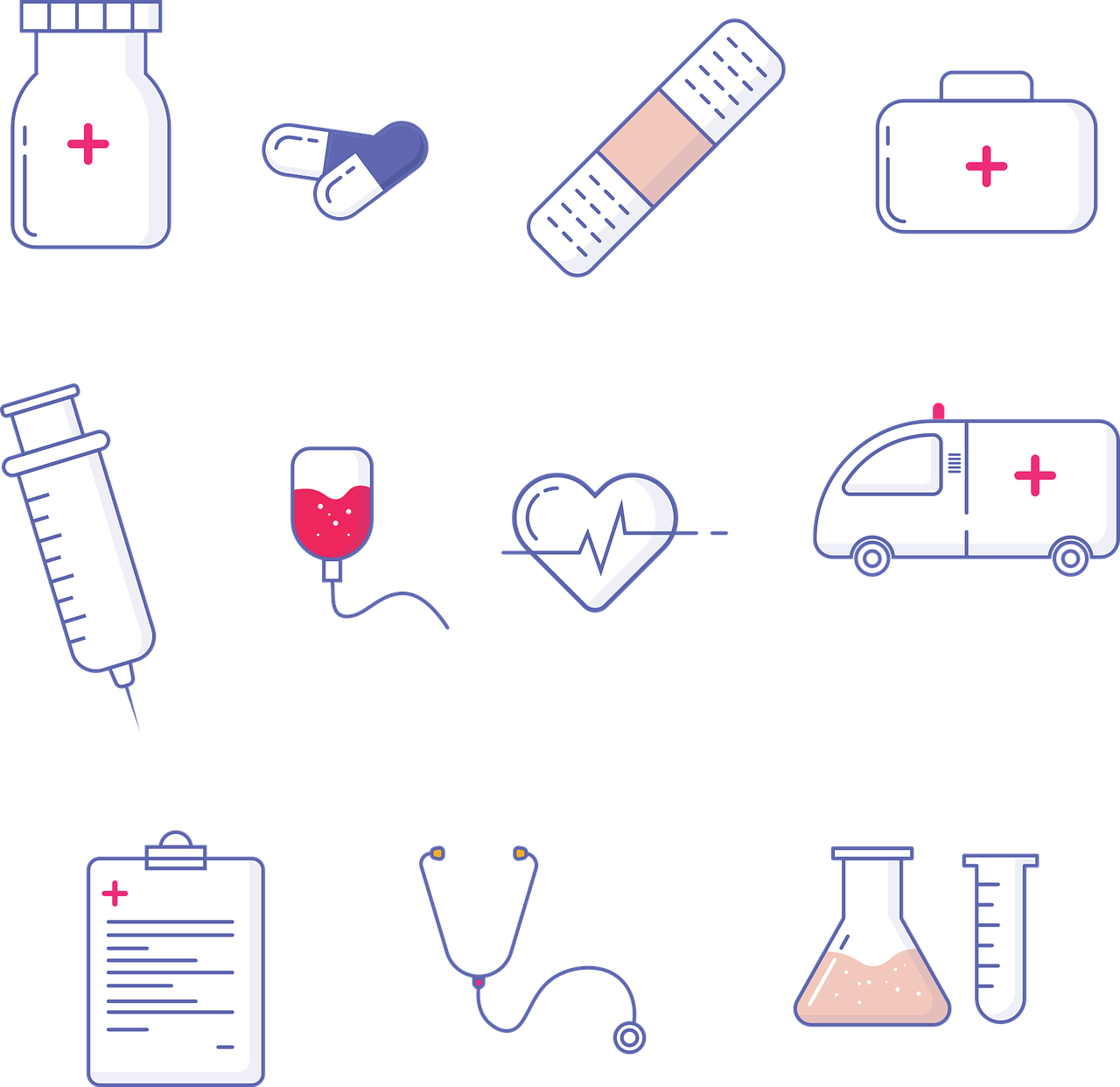Precision medicine is a rapidly growing field that uses advanced technologies like artificial intelligence (AI) to tailor treatment to individual patients. By analyzing data from a patient’s medical history, genetic profile, and lifestyle, AI algorithms can predict how a patient will respond to different treatment options, helping healthcare professionals target therapy for maximum effect.
One area where AI is having a significant impact in precision medicine is in the development of personalized treatment plans for cancer patients. By analyzing data from a patient’s tumor, AI algorithms can identify specific genetic mutations that drive the cancer’s growth. This information can help oncologists select the most effective treatment for each patient, improving outcomes and reducing the risk of side effects.
AI is also being used to identify patients at high risk of developing certain chronic diseases. By analyzing data from electronic health records, wearables, and patient-generated data, AI algorithms can identify patterns and trends that may indicate a potential health risk. This can help healthcare professionals take proactive measures to prevent the onset of chronic diseases and improve patient outcomes.
Another area where AI is having an impact in precision medicine is in the development of new treatments for complex diseases. By analyzing large amounts of data on potential treatments and their effectiveness, AI algorithms can identify those that are most likely to be effective for a specific patient population. This can help researchers focus their efforts on the most promising treatment options, accelerating the development of new therapies.
AI is also being used to improve the efficiency of precision medicine by automating routine tasks, such as data analysis, which can save time and resources.
Despite the many benefits of AI in precision medicine, there are also some concerns and challenges. One concern is that AI algorithms may not always be accurate or reliable, and that they may produce results that are biased or that do not take into account important factors. This can lead to incorrect predictions and inefficiencies in precision medicine.
Another concern is that AI algorithms may be used to replace human healthcare professionals, reducing the quality of care. Additionally, there are also ethical concerns around the use of AI in precision medicine, such as privacy and data security.
Despite these concerns, the benefits of AI in precision medicine are clear, and the technology is likely to continue to play an increasingly important role in the field. With the ability to analyze large amounts of data and make predictions based on patterns, AI is helping healthcare professionals provide more effective and efficient care for patients with chronic diseases, targeting therapy for maximum effect, improving patient outcomes and quality of life.
Moreover, AI-powered precision medicine also has the potential to reduce healthcare costs by identifying the most effective treatments for specific patient populations and reducing the need for trial-and-error approaches.
In conclusion, AI is revolutionizing the field of precision medicine, bringing new possibilities for improving patient outcomes and quality of life. By analyzing data from a patient’s medical history, genetic profile, and lifestyle, AI algorithms can predict how a patient will respond to different treatment options, helping healthcare professionals target therapy for maximum effect. Despite some concerns and challenges, the benefits of AI in precision medicine are clear and the technology is likely to continue to play an increasingly important role in the field, leading to more efficient, personalized and cost-effective healthcare

No responses yet